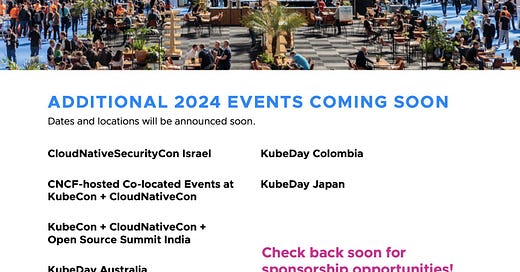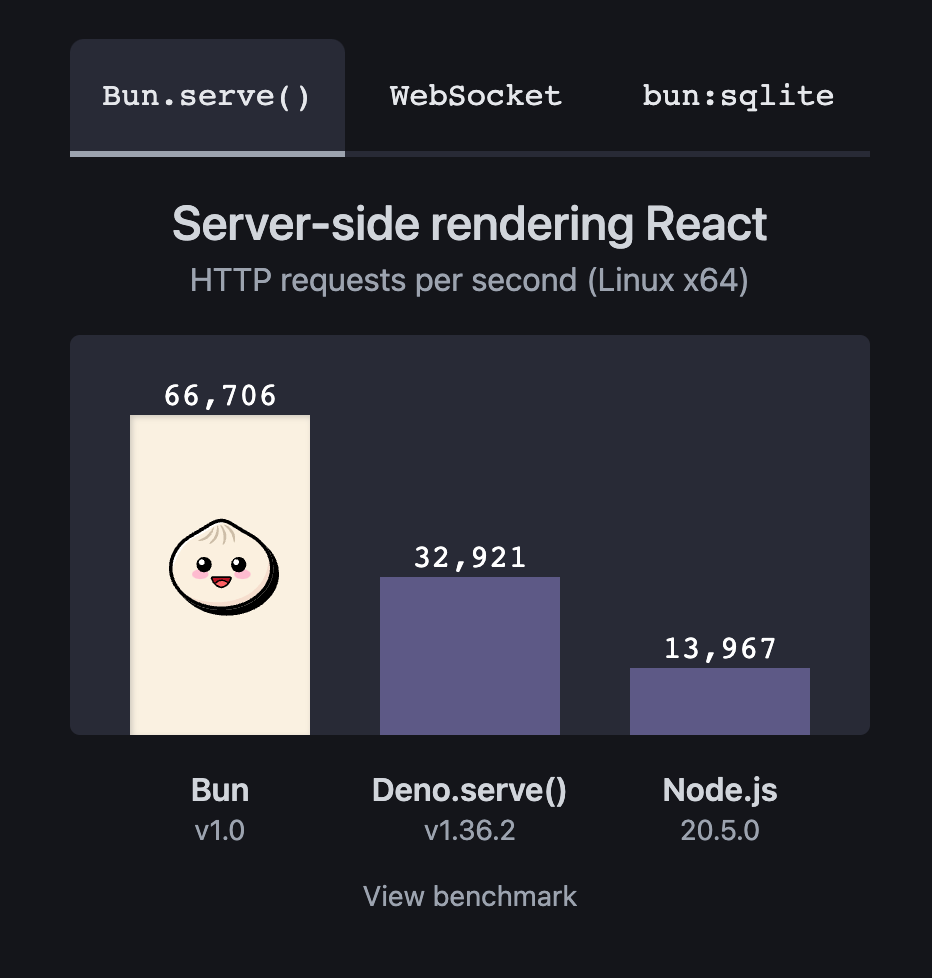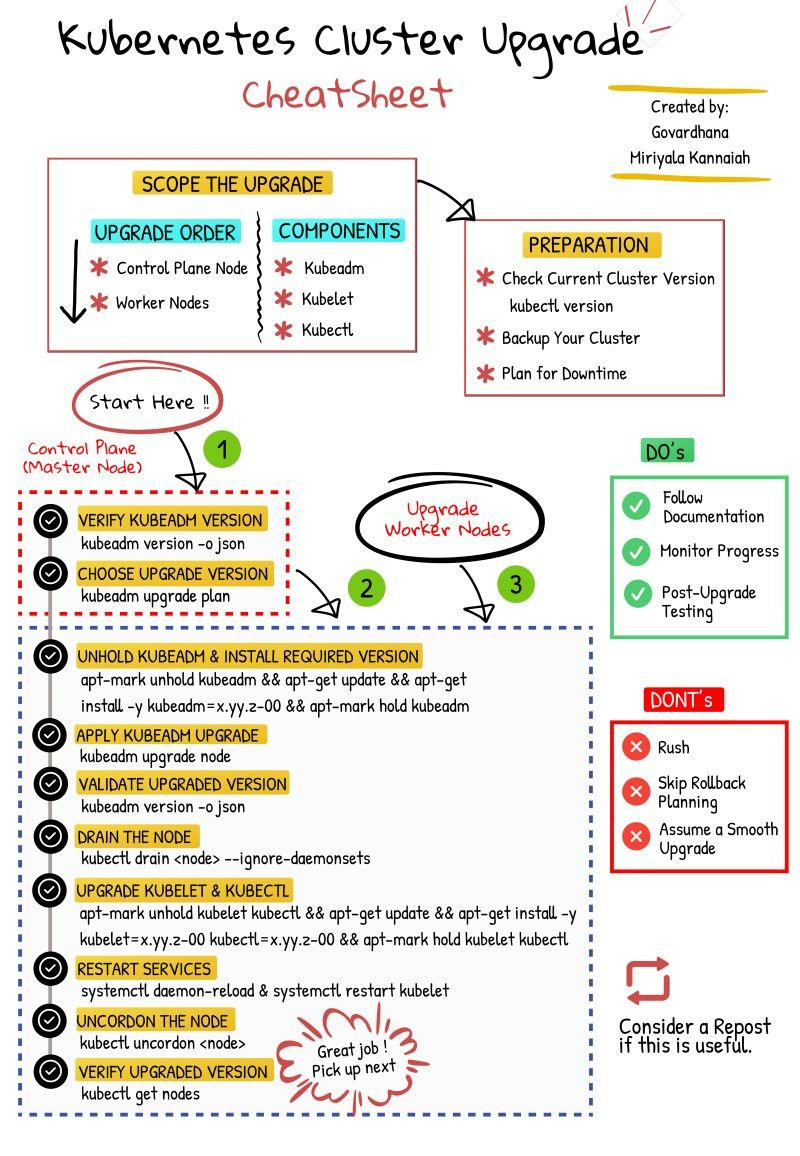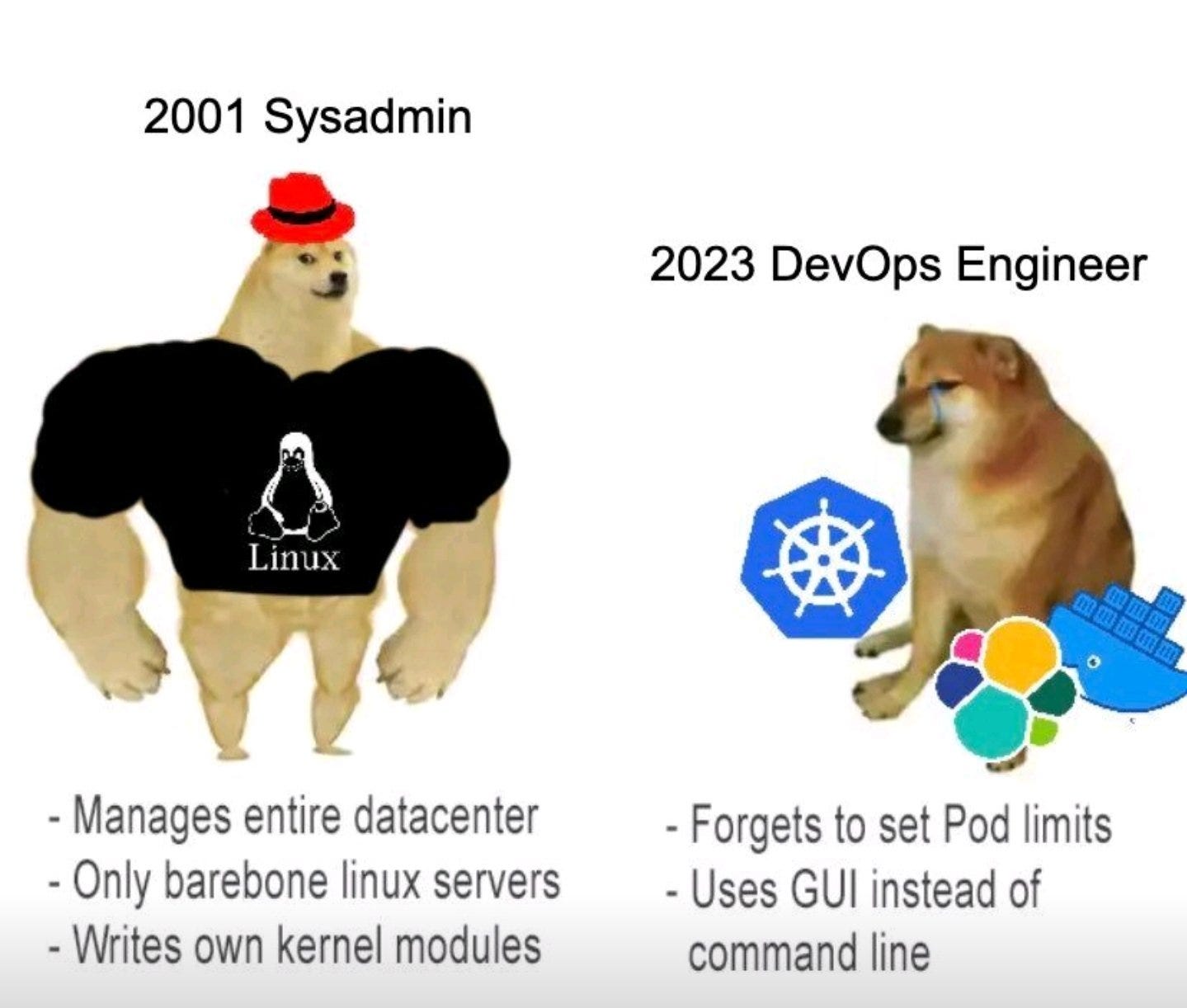Kubecon India 2024 is happening! What is Bun? WASM is the future? DALL.E 3 is coming! OpenToFu backed by LFX.
Hello, I’m Rohit Ghumare - That DevOps Guy from Twitter. Why are you receiving this e-mail? you must have subscribed to my newsletter, gumroad, or medium subscriber list.
Welcome to the new issue for the monthly dose of Cloud Native, DevOps, and MLOps content.
If you love these newsletter issues, please share them with your friends, colleagues, and companies. I’m looking for sponsors to continue writing this awesome content, free for every cloud native enthusiast. It requires a lot of effort and time. ❤️
Page 1: Rohit’s page
From this month, I have committed to daily content creation. This includes Tweets, LinkedIn posts, Instagram reels, and weekly podcast episodes on DevOps, Cloud Native, and AIOps.
Nothing exciting this month; I was on a festivities vacation, Seeking blessing from Ganesha(God). I still managed to go as. a guest on Voxgig podcast, i.e., one of the best Developer Relations PoI podcasts. Also, I shared some insights about Career Guidance in DevRel, Open Source, and DevOps at Twitter(X) space organized by Saim Safdar; 210 people tuned in.
What Voxgig describes about this episode:
We’ve invited Rohit Ghumare to speak with us in this episode of the podcast, not just to ask him about his impressive Twitter following (although this will come up) but also to find out how he organizes his time as a community organiser and developer advocate. As Richard knows all too well, startups require everyone to become a multi-hyphenate. But even in bigger organizations, with a whole team surrounding you, the work of a developer advocate can never be categorized simply. So Rohit talks us through an average day for someone in his position. From advocacy meetings to speaking at conferences to coordinating between large groups of people. You’ll see why people skills are a must-have.
As we mentioned, Rohit has built up an impressive network across a variety of social media platforms. He’s fortunate in this regard, as follower numbers have become more of a concern for developer advocates in recent months - no thanks to the increase in job openings with follower requirements. How does Rohit feel about these roles? Well… they’re a bit of a red flag. And although he says not to quote him on that, we can’t help but agree. For him, it’s about what kind of person you are. Hiring someone with a high follower count may get your company some engagement, but it doesn’t mean that the person themselves will gel with your team.
He also has some great insights on the point of internal vs. external hiring. What are the pros and cons of both? When it comes to speaking, he prefers to bring in people who already possess those skills. But for other devrel positions, he believes that people already working on your team have knowledge and interpersonal skills that would take an outsider months to grasp. By giving them a chance to prove themselves, you potentially unlock parts of people they themselves wouldn’t have thought to access. We think this logic checks out pretty well!
My upcoming Conferences/Talks
DevOpsDays Bengaluru 2023 - We’re looking for Sponsors 💜
AWS Community Days - India
Google DevFest - India
Page 2: Community Page
Our Community is growing daily; I’m trying to bring the newest opportunities and exciting updates every month. DevOps and Cloud native communities are helping enthusiasts in multiple ways - I see most people active on Twitter and LinkeexcelleextentawesoFantasticurces.
Awesome Community Reads and Videos:
Infrastructure monitoring basics with Telegraf, InfluxDB, and Grafana
By Jay Clifford
Creating a service directory with Backstage.io by Rohit Ghumare
OpenTofu: A New Open Source Alternative to Terraform by Linux Foundation
Java 21, the Next LTS Release, Delivers Virtual Threads, Record Patterns, and Pattern Matching by InfoQ
Implementation of Zero-Configuration Service Mesh at Netflix by Claudio Masolo
Next-Gen Observability: Monitoring and Analytics in Platform Engineering by Robert Kimani
Exploring Kubernetes 1.28 Sidecar Containers by Rohit Ghumare
Bun is a fast JavaScript Runtime
Bun is a newly developed JavaScript runtime that caters specifically to the needs of the modern JavaScript ecosystem. The runtime was built with three key objectives in mind. Firstly, speed is paramount to Bun as it is optimized for fast start-up and efficient operation. It utilizes JavaScriptCore, the high-performance JavaScript engine developed for the Safari browser, which is particularly important given the growing trend towards edge computing.
Secondly, Bun seeks to offer elegantly designed APIs that enable users to proficiently carry out everyday tasks such as launching an HTTP server and writing files. The APIs are minimalistic and highly optimized to ensure maximum performance.
Lastly, Bun provides a comprehensive tool for building JavaScript applications, which includes a package manager, test runner, and bundler. It is designed to replace node.js and natively implements hundreds of Node.js and Web APIs, among others.
Bun's primary goal is to run most of the world's server-side JavaScript and provide developed world tools that improve performance, reduce complexity, and increase productivity.
Amazing projects/reads
Making Sense Out of Native Sidecar Containers in Kubernetes by Ivan Velichko
Introducing the WASM Landscape by Chris Aniszczyk, Vivian Hu. and Michael Yuan
Sponsored Content
Exciting Github Repos
Just for FUNn
Sponsors info
This issue is brought to you by Komodor
Komodor is a Kubernetes reliability platform with automatic troubleshooting playbooks for every K8s resource and static-prevention monitors that enrich live & historical data with contextual insights to help enforce best practices and stop incidents in their tracks.












